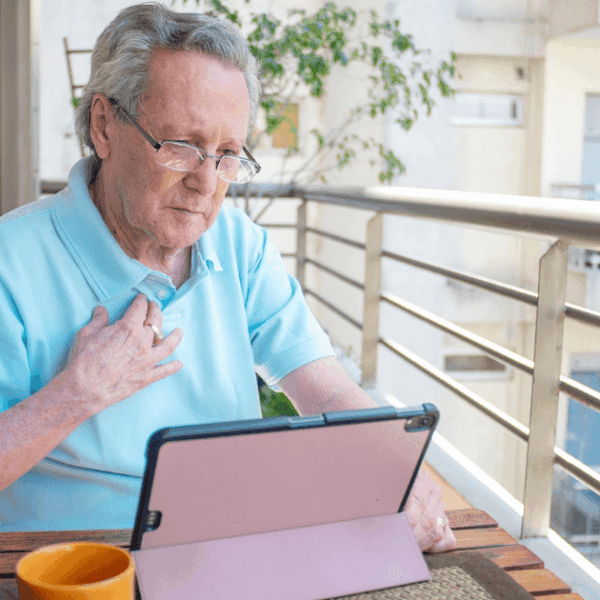Pioneering Initiatives for the Digital Inclusion of Vulnerable Groups

Pioneering Initiatives for the Digital Inclusion of Vulnerable Groups

DigiUP (Finland) and the Digital Inclusion Center of Bordeaux Métropole (France).
Held on 09/04/2025.
We live in an increasingly digital society where technology is essential for accessing basic services, information, and social connections. However, a significant part of the population remains excluded from this digital environment, either due to a lack of access to technology or the necessary skills to use it independently and safely. The digital divide not only limits opportunities for these individuals but also exacerbates social and economic vulnerability. According to a 2022 study by the Catalan government, among vulnerable groups, half of the people do not have a computer at home, 3 out of 10 lack mobile data access, and 38% do not know how to carry out online procedures.
Digital inclusion aims to turn technology into an empowering tool for people’s lives, with public and private social service organizations playing a crucial role in this process. Simple and personalized actions—such as helping individuals become familiar with basic tasks (sending a message, downloading an app, using a search engine) or providing support in device configuration (adjusting language settings, font size, linking email accounts)—can make a huge difference in their digital autonomy.
At the same time, making cities more inclusive requires improving infrastructure (secure and accessible Wi-Fi connectivity, device lending programs, digital learning spaces) and training social professionals in digital skills.
In this Innobreak, we will explore two pioneering European initiatives that promote socio-digital inclusion for the most vulnerable groups in society:
- DigiUp (Helsinki, Finland) is a service designed to enhance the digital skills of migrants, fostering their inclusion and active participation in the community. To achieve this, DigiUp provides training and capacity-building for social service professionals, enabling them to offer digital support tailored to the cultural diversity and specific needs of newly arrived individuals.
- The Digital Inclusion Center (Bordeaux Métropole, France) operates in two key areas: a public digital space offering direct digital support to the population and a specialized training program for social action professionals. The Bordeaux Métropole also provides direct training for vulnerable individuals and coordinates the “France Service Digital Advisors,” professionals who assist and educate citizens on the responsible use of digital tools.
SPEAKERS:
Yuri Kitaba, DigiUp, Helsinki (Finland).
Anna Lebey, Digital Inclusion Center, Bordeaux Métropole (France).
Innobreaks






